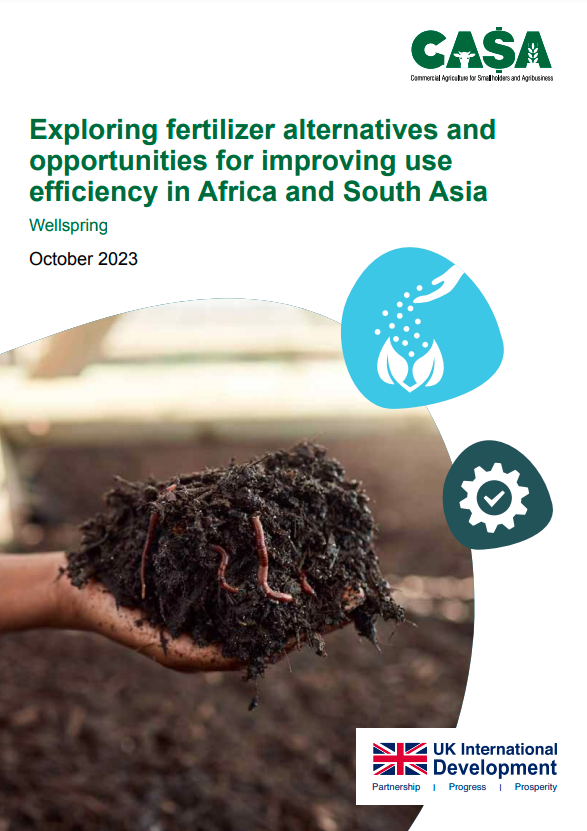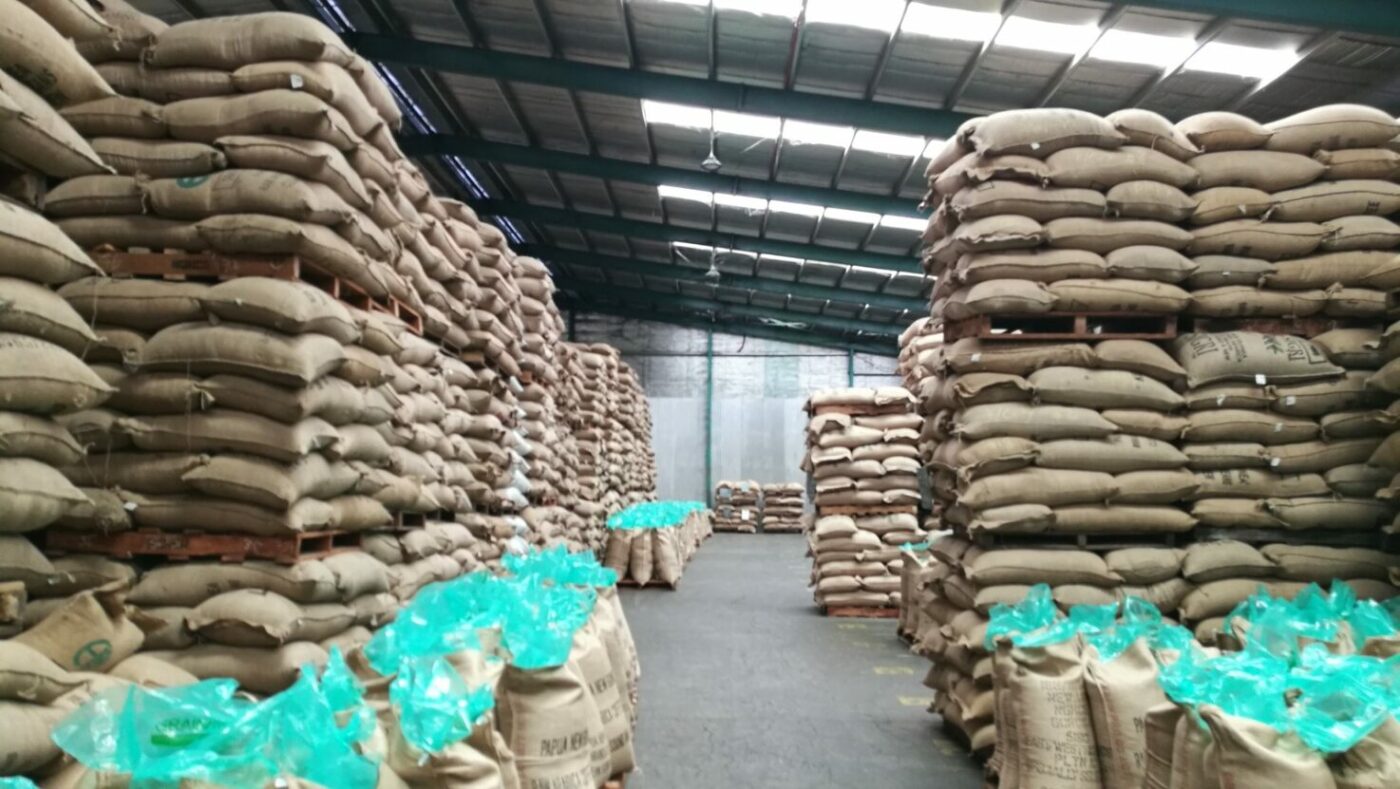This paper offers insights on alternative fertilisers and efficient usage strategies, providing practical recommendations to stakeholders for promoting food security and sustainability in Sub-Saharan Africa and South Asia.
Our AI research assistant leverages the comprehensive insights from this paper to foster customised and interactive discussions. This tool provides a direct pathway to personalised insights, seamlessly connecting the research knowledge with your specific requirements. Engaging in deeper conversations will yield increasingly relevant and contextual information.
Please be aware that this is a pilot project. Although we prioritise accuracy, occasional errors may occur.

There is an estimated 345 million people facing food insecurity in 2023, more than double the number in 2021. Increasing mineral fertiliser prices and longstanding problems with inefficient fertiliser use have contributed to this growing problem. In response to this challenge, this report explores supplementary and alternative products that offer the potential to reduce reliance on mineral fertilizers, as well as solutions for improving fertiliser use efficiency. Improved efficiency leads to reduced greenhouse gas emissions, amongst other benefits. Adopting these products and practices on a large scale, within an integrated approach to long-term soil health, has the potential to enhance food security, improve smallholder yields and livelihoods, and mitigate climate and environmental impacts.
Download Whitepaper